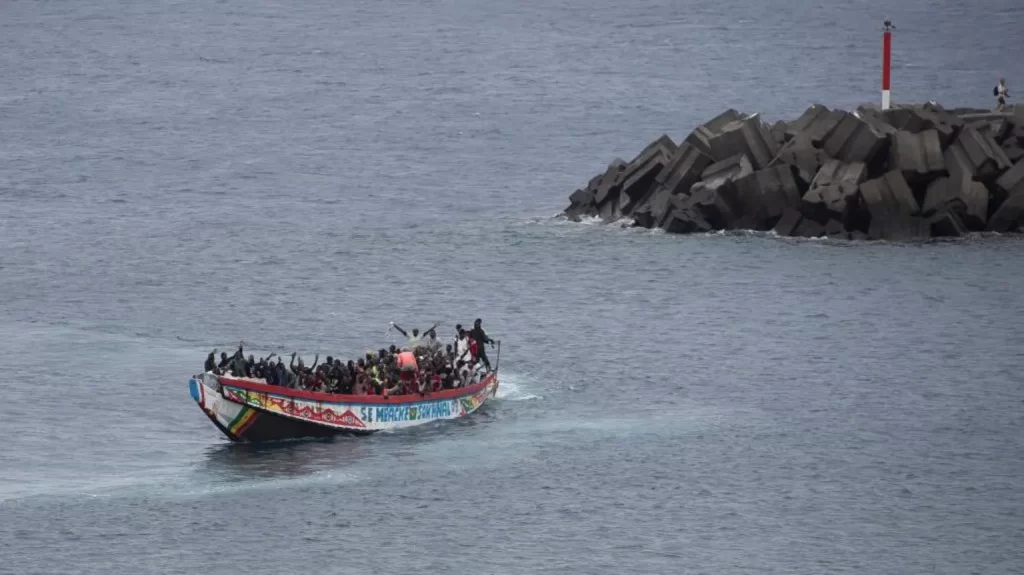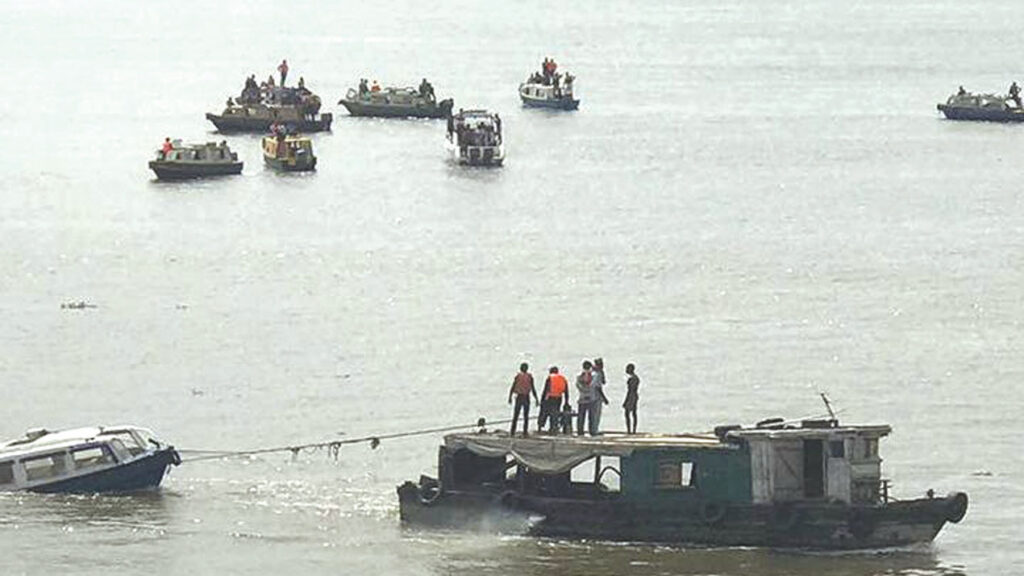Senegalese military authorities reported Monday the discovery of at least 30 decomposing bodies on a boat off the coast of Senegal, underscoring the deadly risks of the increasingly popular migration route to Spain’s Canary Islands.

The Senegalese navy was alerted to a drifting vessel approximately 70 kilometers (45 miles) from the capital, Dakar. Upon bringing the wooden canoe, known locally as a pirogue, into port on Monday morning, authorities were confronted with a grim scene.
“Recovery, identification and transfer operations are being made extremely delicate by the advanced state of decomposition of the bodies,” the military stated in a post on social media platform X, formerly Twitter.
The advanced decomposition of the bodies suggests the migrants had been adrift on the Atlantic Ocean for many days before being discovered by fishermen. This tragic incident highlights the perilous nature of the journey from Senegal to the Canary Islands, a distance of more than 1,500 kilometers (950 miles) across treacherous waters.
Senegalese authorities have launched investigations to determine the boat’s point and time of departure, as well as the total number of passengers on board. This discovery comes amid a recent surge in migrants attempting the hazardous crossing from Senegal to the Canary Islands.

In August, at least 14 decomposing bodies, believed to be Senegalese migrants, were found off the coast of the Dominican Republic. In response to the rising death toll, the Senegalese government announced a 10-year plan to address illegal migration.
Despite these efforts, the allure of potential economic opportunities in Europe continues to drive young men to risk their lives on this dangerous route. Unemployment, conflict, and poverty in West Africa are key factors pushing migrants to attempt the crossing.
Some Senegalese fishermen, facing competition from foreign trawlers off the coast, have turned to either migration themselves or offering their boats to people smugglers, further complicating the issue.
Frontex, the European border agency, reported a 161% increase in migrants using the Atlantic route to the Canary Islands in 2023 compared to the previous year. The United Nations estimates that about 40,000 migrants reached the Canary Islands last year, with nearly 1,000 known to have died or disappeared en route. However, experts believe the actual death toll is likely much higher.
This latest tragedy has reignited calls for more robust measures to address the root causes of migration and improve safety for those attempting the journey. International organizations and human rights groups are urging governments to collaborate on creating safer migration pathways and addressing the economic and social factors driving people to undertake such risky voyages.
bbc.com



